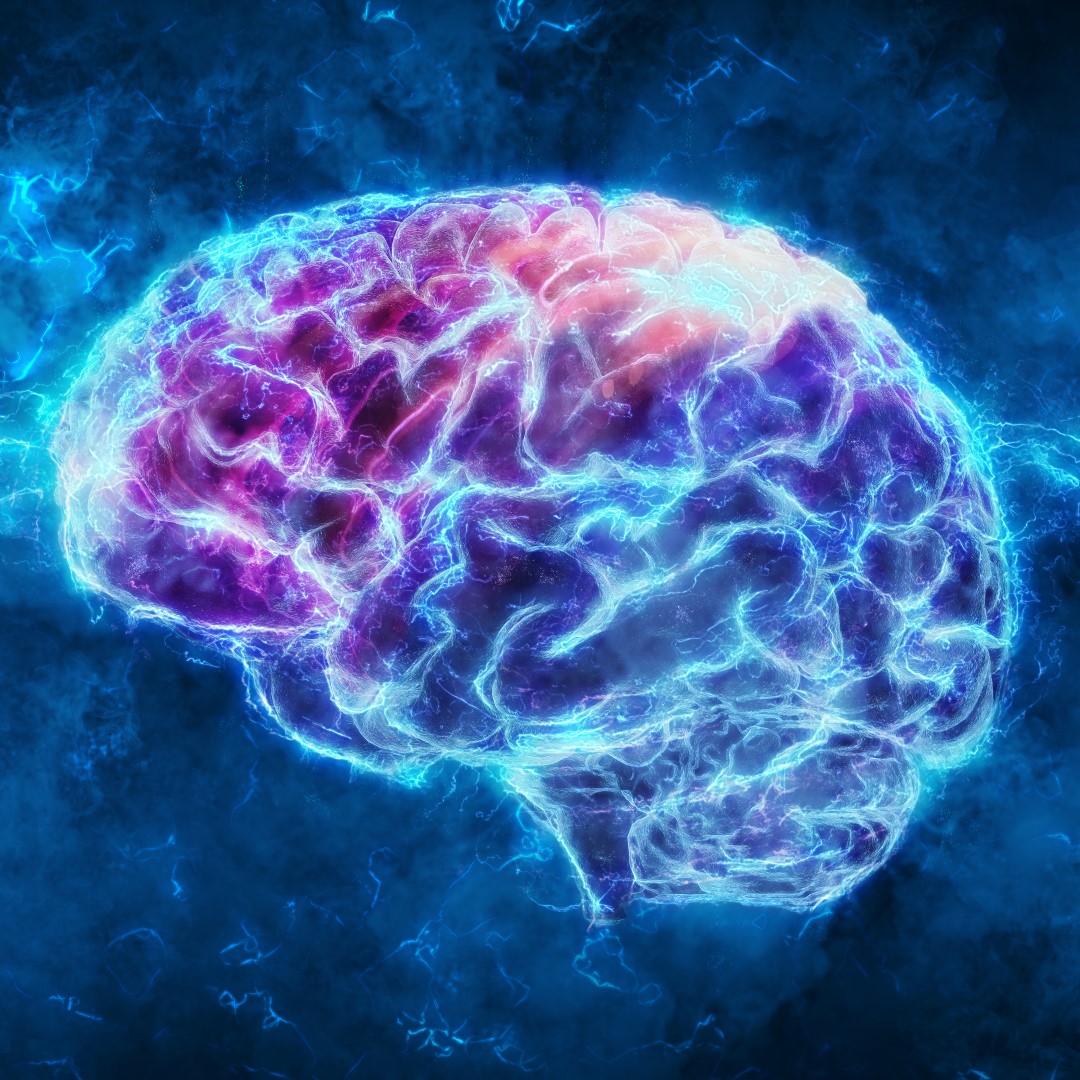
Rice launches Brain Institute to accelerate discoveries in brain science and health
On Oct. 29, 2025, Rice University announced the creation of the Rice Brain Institute (RBI), an ambitious, interdisciplinary hub that unites faculty members across campus, including engineering, natural sciences and social sciences, to tackle one of humanity’s most complex and promising frontiers: the brain.
The announcement comes at a time when age-related neurological disorders such as Alzheimer’s disease, Parkinson’s disease and other forms of dementia are increasing worldwide.
Brain disorders, including mental health disorders such as depression and anxiety, cost the global economy an estimated $5 trillion annually and could reach as high as $16 trillion by 2030, according to the World Economic Forum. Addressing this mounting crisis has become a global imperative, DesRoches said.
Located in Houston, the nation’s fourth largest city and most diverse, and at the nexus of Rice and the Texas Medical Center — the world’s largest health care complex — the RBI is positioned to become a global leader in brain health innovation. The announcement coincides with efforts to support the Dementia Prevention Research Institute of Texas (DPRIT). Signed into law in May 2025 and headed to voters Nov. 4 as Proposition 14, DPRIT would dedicate $3 billion to neurological research across the state if approved. Its mission is to accelerate discovery, drive commercialization of brain-health technologies and establish Texas as an epicenter for dementia research.
The RBI will bring together three synergistic pillars at Rice — the already established Neuroengineering Initiative and two new ones: the Neuroscience Initiative and the Brain and Society Initiative — to integrate cutting-edge discovery, education and translation into policy and practice. Already, the Neuroengineering Initiative has established a foundation for success with more than $78 million in research funding, a network of more than 50 collaborators across Rice and the Texas Medical Center and partnerships such as the Rice-Houston Methodist Center for Neural Systems Restoration.
Tags:
Source: Rice University
Credit:
